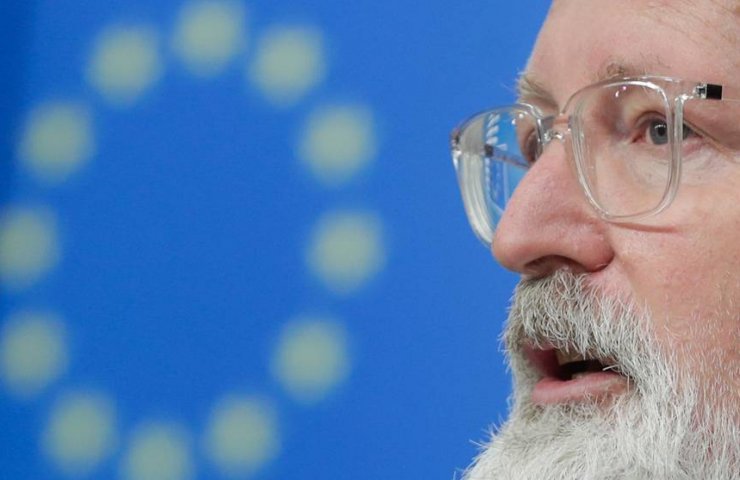The European Commission today adopted a package of proposals to align EU climate, energy, land use, transport and tax policies to reduce net greenhouse gas emissions by at least 55% by 2030 from 1990 levels.
"Achieving such emission reductions in the next decade is critical for Europe to become the world's first climate-neutral continent by 2050 and to implement the European Green Deal," the European Commission noted.
The EU Green Deal will introduce cross-border carbon tax (Carbon Border Adjustment Mechanism, CBAM) on imports of steel, cement, aluminum, fertilizers and electricity to EU countries.
The Carbon Footprint and Tax Base Reporting Scheme will be operational from early 2023, with importers given a three-year transition period before the levy begins January 1, 2026.
CBAM's new Carbon Boundary Mechanism will set a carbon price for imports of targeted products to ensure that emissions reductions in Europe contribute to global emission reductions, rather than pushing carbon-intensive production outside of Europe. It also aims to encourage industry outside the EU and international partners to take steps in the same direction.
The adopted mechanism for cross-border carbon regulation assumes that metals, pipes, fertilizers, cement and electricity can be imported into the EU only on the condition that each ton of carbon dioxide emissions generated during their production is paid for. It is assumed that the price for a ton of gas will correspond to the average price determined at auctions within the EU emissions trading system.
“Carbon pricing instruments increase revenues that can be reinvested to spur innovation, economic growth and investment in clean technologies,” the European Commission explained.
A new Social Climate Fund is proposed to provide targeted funding to Member States to help citizens finance energy efficiency investments, new heating and cooling systems, and cleaner mobility. According to the commission, the Fund will mobilize 144.4 billion euros "for a socially just transition period."




